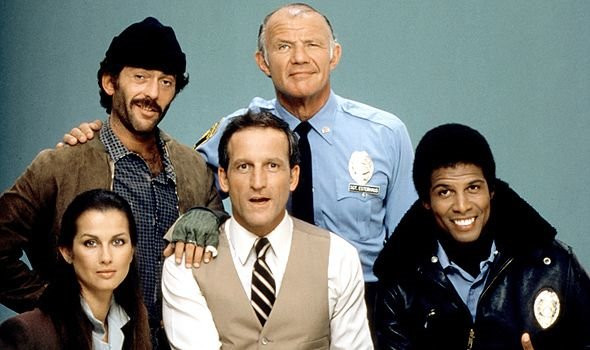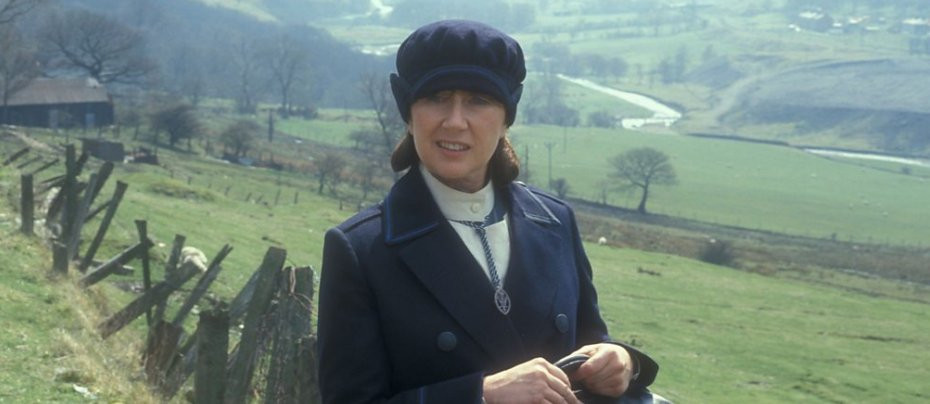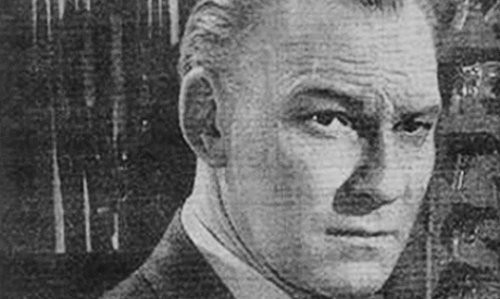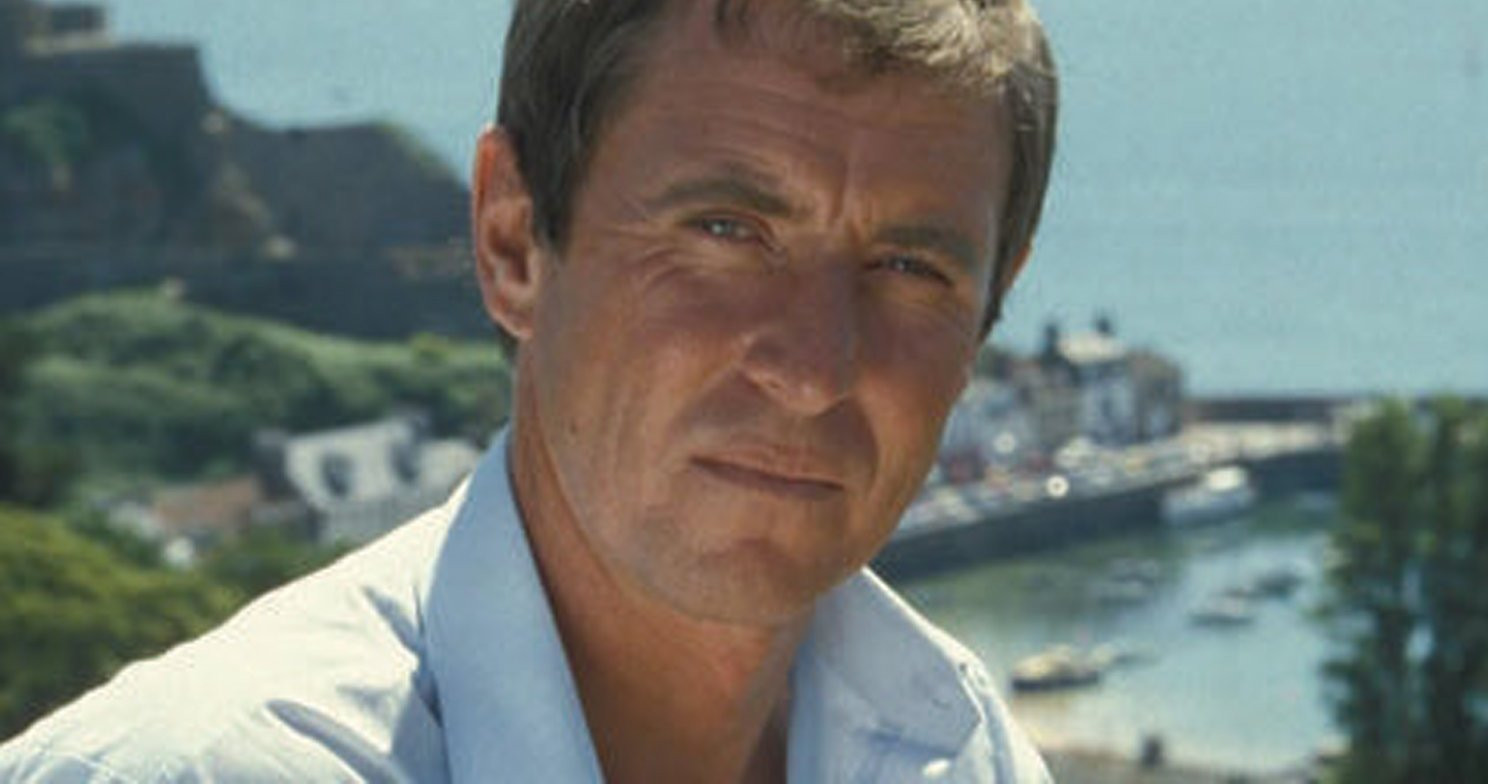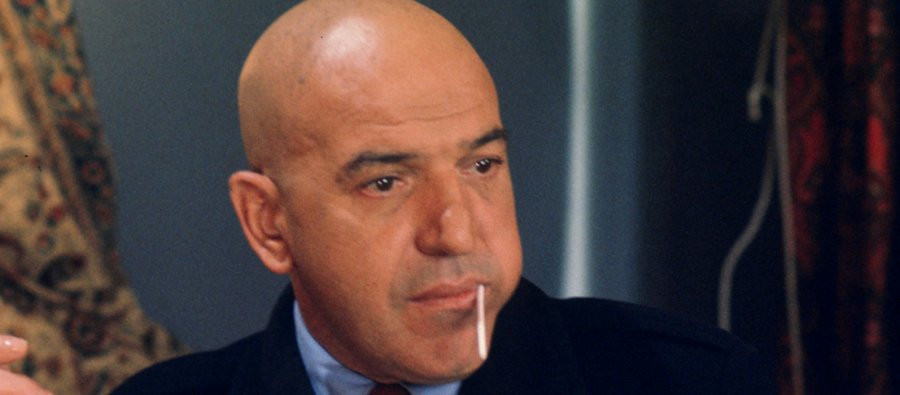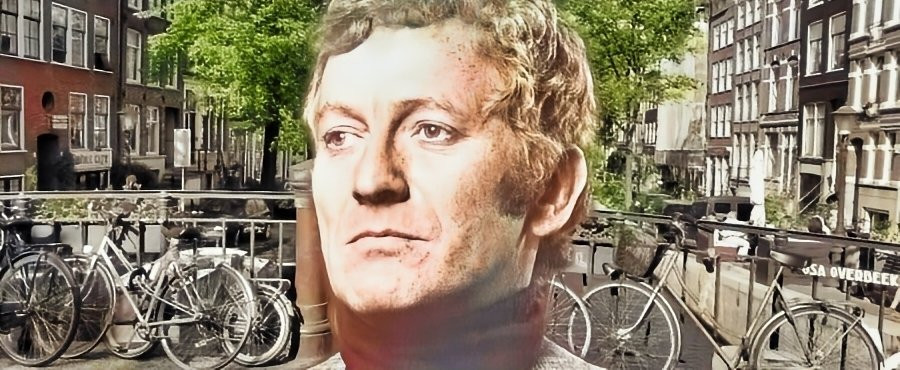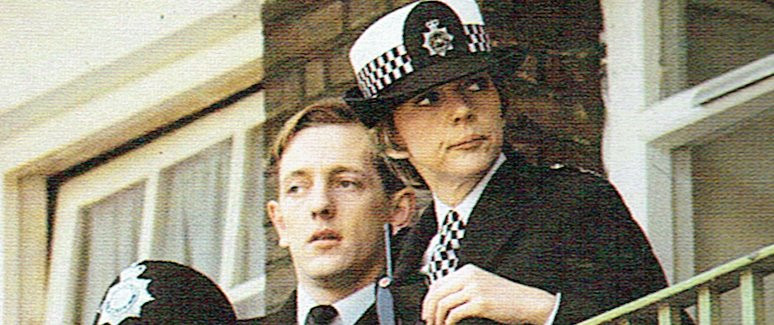
The Bill
1984 - United KingdomFor over twenty-five years The Bill kept the nation gripped in its depiction of the men and women of the Metropolitan Police as they strove to keep law and order in an ever-changing environment. Criticised in some quarters for its portrayal of police methods, the series was nevertheless compulsive viewing for a public that has always been fascinated with the inner workings of law enforcement agencies everywhere.
When Thames Television producer Michael Chapman was looking for one-off dramas for his series Storyboard back in 1983, he turned to new to television writer Geoff McQueen, who would create two successful BBC series, Big Deal - starring Ray Brooks as small-time gambler Robbie Box, and Give Us A Break about an East End wheeler-dealer and his snooker prodigy, starring Robert Lindsay and Paul McGann. McQueen had also submitted an idea to the BBC called 'Old Bill', about life in a London police station. The BBC, however, were not interested. McQueen reworked the idea for Thames and renamed it Woodentop (the nickname bestowed on uniformed officers by CID) -and told the tale of new probationer PC Jim Carver's first day at work, the highlight of which was discovering the decomposing body of an old lady in a bath. Director Peter Creegan gave the one-off drama a distinctive and atmospheric feel by adopting a fly-on-the-wall documentary style by using a single handheld camera. The response to Woodentop was so good that within a month Thames Television had commissioned a 12 part series.
Retitled to resemble more closely McQueen's original title, The Bill debuted on 16 October 1984. Set in the East End of London, the series followed the exploits of the officers of the fictional Sun Hill Police Station as they set about their daily task of keeping law and order. McQueen (who tragically died in 1994 at the age of 46) decided that events should always be shown from the police point of view, therefore every scene had to include a police officer and he also ruled that the officers private lives would be just that -so there were no domestic scenes. If a police officer was suffering from domestic strife it would be reflected in the way it affected his/her work and not how it affected his/her home.
The first two series, filmed on the streets of Wapping, were a tremendous success and the series was taken up as a year round project of two half hours broadcast twice a week. But the fictional police couldn't rely on the protection of the real police when in 1985 a heated industrial dispute threatened the safety of actors in police uniform, and the series, not altogether popular with the Met, was forced to move to the streets of North Kensington before finally moving to a permanent base on an industrial estate in Merton.
In 1993 another weekly episode was added before the series returned to its hourly format, but by 2001 ratings were dropping dramatically and struggling to find an audience of just over 6 million viewers (something that these days would be regarded as a success). At this time former Brookside producer Paul Marquess was brought in to revamp the series. He did this by axing six of the less popular characters in dramatic style.
The Bill had never shied away from controversial subjects, in order to retain any form of credibility it couldn't - and subjects covered included an officer's suicide, death by car bomb, death by firearms, an officer charged with manslaughter, crooked coppers, gay coppers, and coppers murdering coppers. But none were so dramatic as the episode transmitted on 16 April 2002 when six officers were killed when a petrol bomb was thrown at the station. Following Marquess' clearing out of the old and bringing in the new, viewing figures began to steadily rise and within a year of him taking over The Bill could boast an increased audience of 50 per cent to 9 million.
The Bill has been screened in over 55 countries and is one of the top rated shows in both Australia and New Zealand and many of its characters have proved immensely popular spawning two spin-off series, Burnside (featuring hard hitting DI Frank Burnside played by Christopher Ellison who was whisked away from Sun Hill to join the elite National Crime Squad), and MIT (the initials standing for Murder Investigation Team). The series also attracted a number of famous faces in guest starring roles and both heroes and villains have been portrayed by former Spice Girl Emma Bunton, rock star Roger Daltrey, EastEnders own Dirty Den: Leslie Grantham, comedian Eric Sykes, Alex Kingston, Mirrillion singer Fish, comedienne Kathy Burke, DJ Tony Blackburn, former fashion model Linda Lusardi, singer Chesney Hawkes, comedic actor Hugh Laurie and Full Monty star Robert Carlyle...to name a few!
Seen this show? How do you rate it?
Seen this show? How do you rate it?
Published on November 29th, 2018. Written by Laurence Marcus for Television Heaven.


